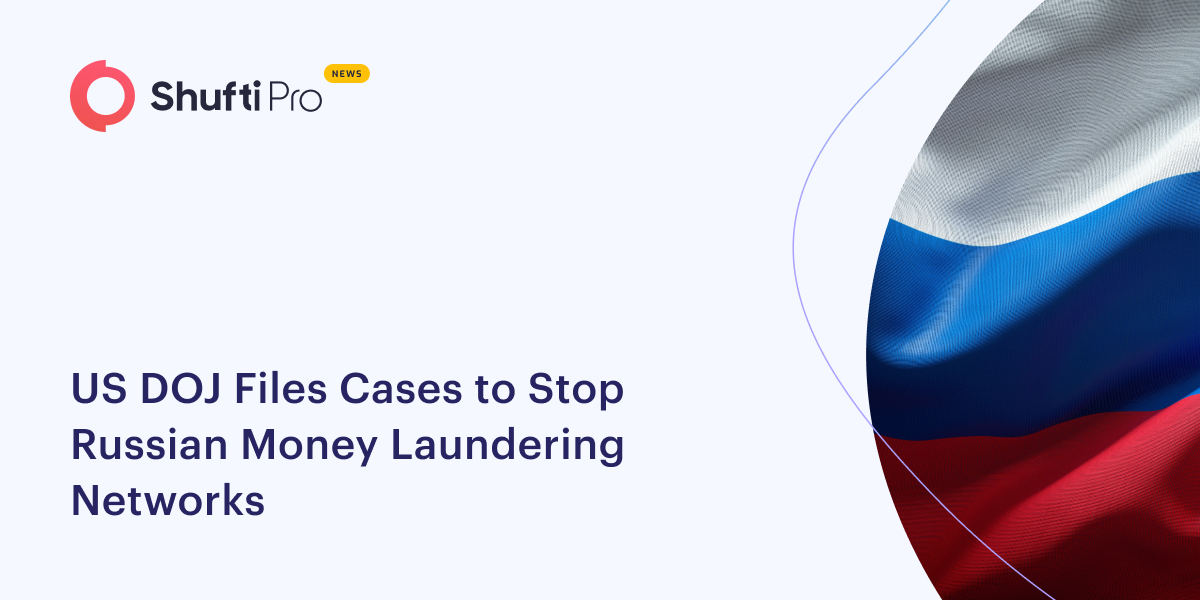US DOJ Files Cases to Stop Russian Money Laundering Networks

The US DOJ (Department of Justice) filed two cases in the latest action to disrupt money laundering networks that support Russia’s waging of war against Ukraine.
The US DOJ filed two cases out of which was a civil forfeiture complaint targeting $75 million real estate property having beneficiary Viktor Vekselberg, a Russian oligarch. The second case was filed on Ilya Balakev, a Russian national charged with several offences, including smuggling of sensitive devices for counterintelligence operations from the US to Russia.
According to the prosecutors, Vekselberg’s properties had been obtained through international money laundering and sanction violations. The properties are located in various areas of the US including Fisher Island, Florida, and Southampton, New York. All of which were stated to be owned by Vekselberg and his associate, Vladimir Vornchenko, who was indicted earlier this year, in February 2023.
Meanwhile, Balakaev was accused of multiple offences including smuggling, sanction violations, and supplying US technology to a North Korean government official. Currently, he is listed as a fugitive and if convicted, he could face up to 75 years in prison.
Over the past years, the US government has seized over $500 million in assets that belong to Russian oligarchs. Additionally, two corporate entities, with 30 individuals have been indicted for crimes such as sanction evasion and money laundering.
Last Friday (24 February 2023), the US Department of Treasury introduced new sanctions against Russia’s metals and mining sector, to hinder the country’s resupply efforts in its costly ground war against Ukraine.
Since the commencement of war, the US with over 30 allies and partners, has taken several economic measures such as sanctions, export controls and price caps. The authorities have blacklisted thousands of individuals and entities that are associated with the Russian regime. Over 1000 foreign firms have backpedalled to stop operations in Russia, impacting the country’s investment and industrial growth.
G7+ price caps on Russian-origin oil and petroleum products have aimed to reduce Russian market offerings. A cap of $60 per barrel for Russian crude was imposed by the EU, the G7 and Australia, in December 2022.
According to the Ministry of Finance, in January 2023, Russian oil revenues went 60% lower compared to the reported figures of March 2022.
Suggested Read:

 Explore Now
Explore Now













